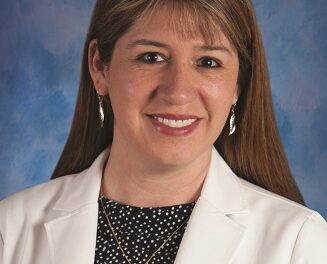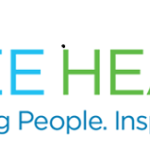 A Medicare/Medicaid healthcare program designed to keep at-risk seniors out of nursing homes is expanding into South Miami to better serve South Florida’s aged.
A Medicare/Medicaid healthcare program designed to keep at-risk seniors out of nursing homes is expanding into South Miami to better serve South Florida’s aged.
The Program of All Inclusive Care for the Elderly, known as PACE, is growing its Westchester location by nine new zip codes. A market study by Health Management Associates showed that more than 1,300 seniors in the area could beeligible for PACE services.
“We have a lot of referrals already from those zip codes. From private homes and assisted livings,” said Astrid Montenegro, site administrator for Westchester. “There has to be the frailty factor – they may need help with dressing or taking a bath, simple things we take for granted, like being able to get out of bed and getting dressed without any assistance.
Sometimes PACE is an elder’s only connection to the outside world.
Every weekday, the center at 2700 SW 97th Ave. is abuzz with activity: seniors participate in group exercise classes, play dominoes, relax in a dimly-lit sensory room scented with incense, or toss weighed balls in physical therapy.

“People love it. They want to come on the weekends but we just can’t,” said Michelle Mierez, the day center manager. “Everybody is going all the time. It’s vibrant.”
The Florida Legislature recently appropriated an additional $3.6 million to expand the PACE program by 100 slots, bringing the total at Westchester to 935, said Cliff Bauer, president of Florida PACE Centers, Inc. and vice president of government relations for Miami Jewish Health.
Those living in zip codes 33156, 33185, 33194, 33158. 33186, 33196, 33176, 33193, 33193 and 33174 are now eligible for PACE. The program also has offices in Miramar, Hialeah and on the main campus of Miami Jewish Health.
PACE, a wholly owned affiliate of Miami Jewish Health, provides care for low-income seniors who are at-risk of being placed in nursing homes. The program includes everything from daycare and hot meals to exercise and recreation.
Other services include nursing, physical therapy, occupational therapy, nutrition counseling, prescription drugs, dentistry, optometry and speech therapy.
Qualifying requirements are specific. Seniors must:
• Be 55 years or older
• Live in a PACE service area
• Be certified as clinically eligible for nursing home care
• Be able to safely live in the community with receipt of PACE program services
“Elderly doesn’t get you in,” Bauer explained. “You’ve got to be frail.”
The program provides up to two weeks respite care and offers home visits from aides and doctors in certain circumstances. Care is team-based with a focus on preventative care. PACE provides continuous assessment, treatment planning and personal care.
There’s just one rub – to participate in PACE, seniors must swap their own primary care physicians for the doctors affiliated with PACE. Once enrolled in PACE, a team of medical personnel handle everything from occupational and physical therapy to nutrition counseling and recreation therapy.
“We coordinate all the scheduled medical appointments,” Montenegro said.
Miami resident Alfredo Reyes, 71, loves coming to the center.
“Good medical attention, good doctors. I feel happy,” said Reyes, an avid dominoes player. “I have a lot of friends.”
Frail seniors who live at home are eligible for transportation to the PACE center five days a week. Seniors who live in assisted living facilities usually travel to the PACE center twice a week for social activities and occupational and physical therapy. Reyes is one of them.
“Everyone is nice, nice, nice,” Reyes said grinning.
“The PACE model is (designed) to keep the elderly out in the community as much as possible and prevent that nursing home placement,” Montenegro explained.

























